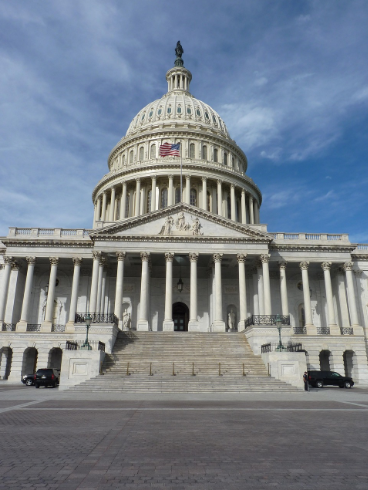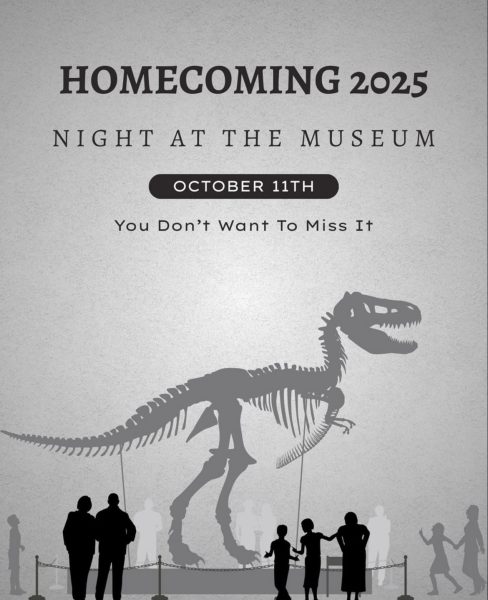AP Literature and Composition Class Unable to Read Great World Text
This year, as of two weeks ago, the Arrowhead AP Literature classes found out they will be unable to participate in the Great World Texts seminar through UW Madison.
Many AP Literature students have agreed to voice their opinions on this matter.
Arrowhead’s administration requested the novel for the Great World Texts seminar not be read due to the influx of Public Record Requests to the school this year. Members of the community have been making Public Records Requests targeting curriculums or phrases such as ‘equity’ or even ‘racism’. These requests cause teachers and administrators to spend hours compiling information, and many of them are not picked up afterward.
According to Wisconsin Madison’s Center For the Humanities, the great world texts “connects scholars at UW-Madison with high school teachers and students across the state through the shared project of reading and discussing a classic piece of literature.”
The Arrowhead AP Literature classes have been participating in this program for four years.
This year, the program is based on James Weldon Johnson’s 1912 novel The Autobiography of an Ex-Colored Man.
According to Goodreads, the novel is “Narrated by a mulatto man whose light skin allows him to ‘pass’ for white, the novel describes a pilgrimage through America’s color lines at the turn of the century—from a black college in Jacksonville to an elite New York nightclub, from the rural South to the white suburbs of the Northeast.”
The main character’s largest struggle comes when he sees the site of a lynching, prompting the examination of race within America.
Goodreads states, the novel “influenced a generation of writers during the Harlem Renaissance and served as eloquent inspiration for Zora Neale Hurston, Ralph Ellison, and Richard Wright.”
Grace Erdman, a senior at Arrowhead says, “It provides a different perspective on the world from what [students] usually read in class; this year I definitely had a more diverse range of literature…but still the majority of it has been from authors that are white. This book was going to give [the class] the opportunity to understand the perspective of a biracial man just after the civil war, a perspective none of [the class has] been exposed to in fiction…Literature is about making a story out of diverse perspectives, that’s what [the class] would have been to see if [they] would have been able to read it.“
This program has been running for seven years and is participated in by “thousands of students and teachers in dozens of school districts throughout the state of Wisconsin” says Madison’s Center For the Humanities.
Ainsley Reichert, a senior at Arrowhead says, “At this point in our education, and with this being a voluntary, college-level course, I believe that all of the students in AP Lit are more than mature enough to be discussing novels such as this and their respective themes. Indoctrination is not the same as merely educating students on the great many aspects of our world, and there is no harm in better understanding our fellow man.”
The Great World Texts study materials contained the term “white privilege” as well as an image of a confederate flag. Due to this material, the book was seen to contain possible indoctrination, prompting the removal of the novel from the AP Literature curriculum.
Abigail Sinitz, a senior at Arrowhead says if she were to talk to the community members against the reading of the book she would “Ask them if they read it because I would guess that none of them have read it, I would also ask them why they feel the need to censor our learning based on two words in some curriculum that was going to go along with the book that [students] are taught about in history classes: [students] know what a confederate flag is, so I don’t [understand] why [students] have to be censored from that in a literature class.“
Oliver Lee, a senior at Arrowhead says he is “extremely upset and disappointed; this was a chance for our school to improve.”








